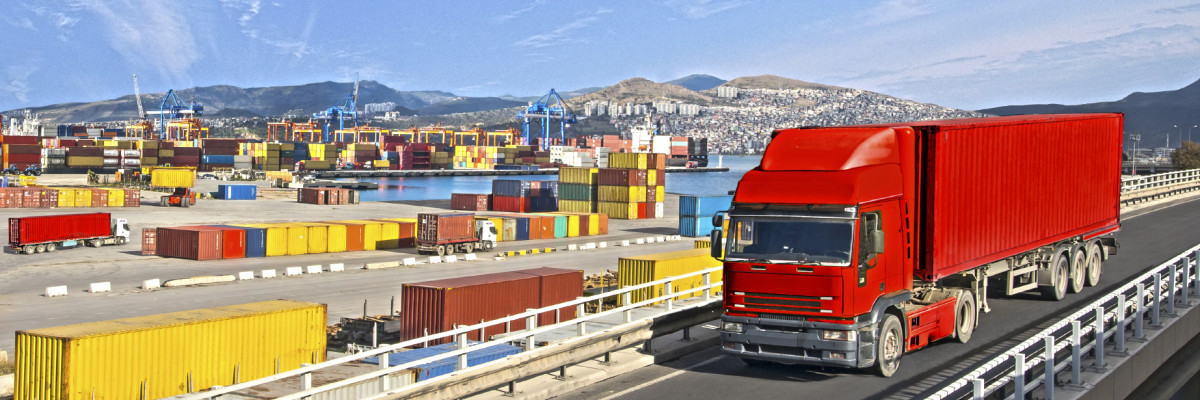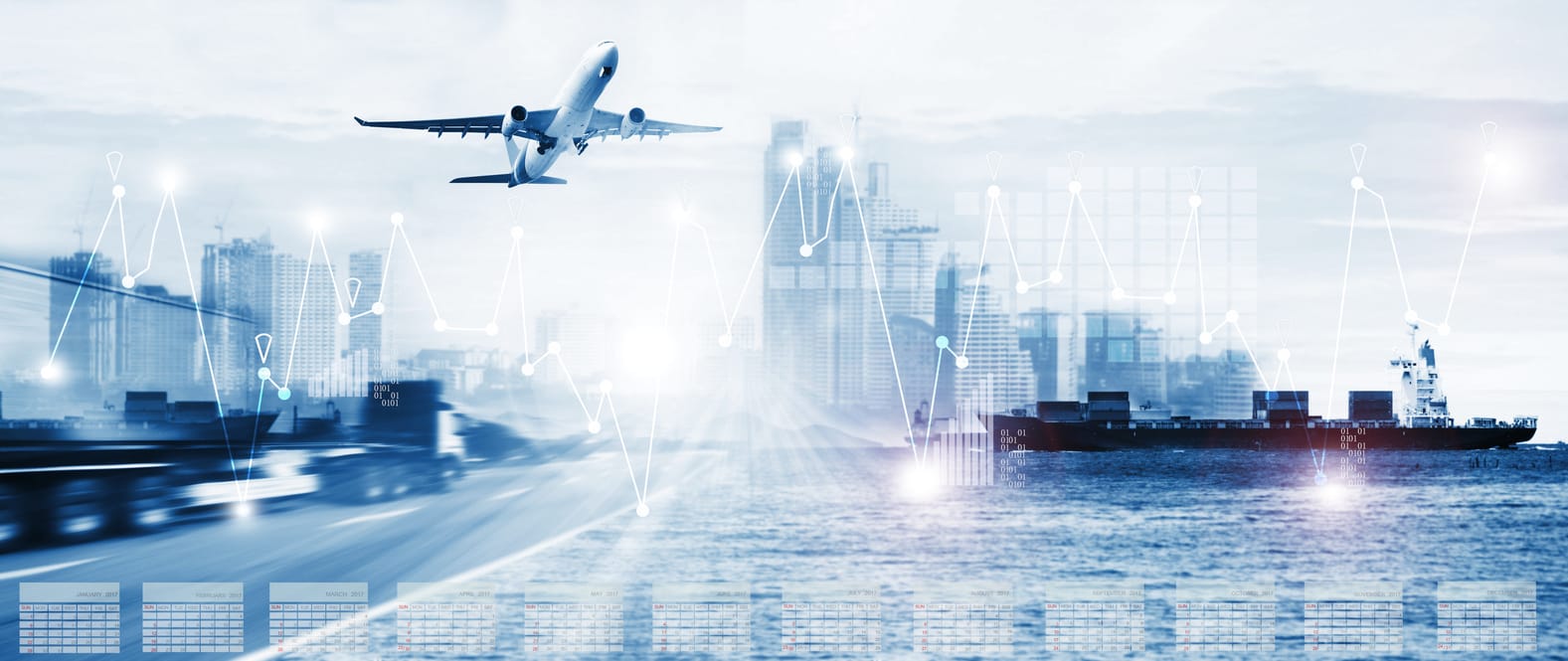
Ocean freight shippers are coming to learn two new acronyms along with the alphabet soup of others in their vocabulary owing to a new requirement for containers for containers worldwide beginning July 1st.
SOLAS
SOLAS stands for Safety of Life At Sea Convention and it is a Committee of the International Maritime Organization charged with keeping seafarers safe. After a series of high-profile accidents involving containerships which broke apart and sank costing loss of property and life, a common thread that was discovered was that container weights were regularly, and grossly, being misdeclared to masters of vessels.
The misdeclared weights led to overloading and also to vessel operators being unable to load or travel with as many containers which also cost them revenue per voyage.
The issue was raised through this committee and voted upon and effective July 1, 2016, the certified VGM must be provided to the carrier.
VGM
The Verified Gross Mass has been the topic of conversation among shippers groups, regulatory agencies charged with enforcing the rule and the carriers who are keen to receive accurate information about what they are carrying.
Here in the United States, the enforcement of this new regular varies based on what entity you speak with.
The World Shipping Council issued an FAQ document updated earlier this month about the container weighing requirement and their interpretation is that the container can be weighed by the shipper or a third party after the container is packed or they can add the weight of the cargo and dunnage (packing materials) and the tare weight of the container to get to the amount to be declared.
At the Journal of Commerce’s annual TPM conference in Long Beach, the Coast Guard made headlines declaring that the Coast Guard wouldn’t apply the SOLAS regulation to marine terminal operators.
Finally, the Agriculture Transportation Commission (AgTC) and forty-nine agencies sent a letter to the Coast Guard saying that they believed there was flexibility in the Coast Guard’s interpretation of SOLAS.
Where do we stand?
We leave you with this document of best practices from OCEMA, the Ocean Carrier Equipment Management Association. They have prepared a best practices document and a process map offering guidance to shippers how they should handle the matter. Whether or not this document is the guiding light people are seeking remains to be seen at this point, but we do know that shippers had best be ready to have the correct answers when a carrier comes calling.







